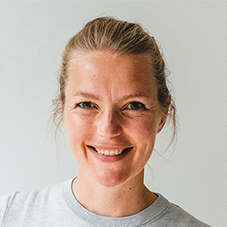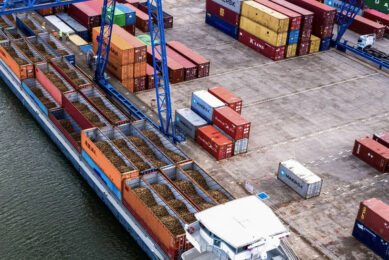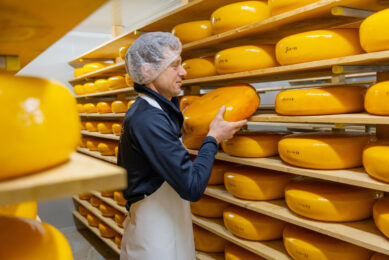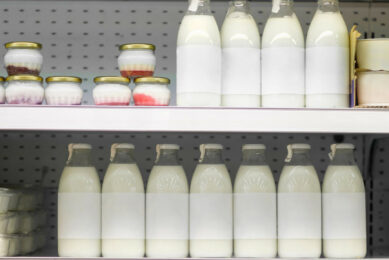Growth in EU cattle feed production
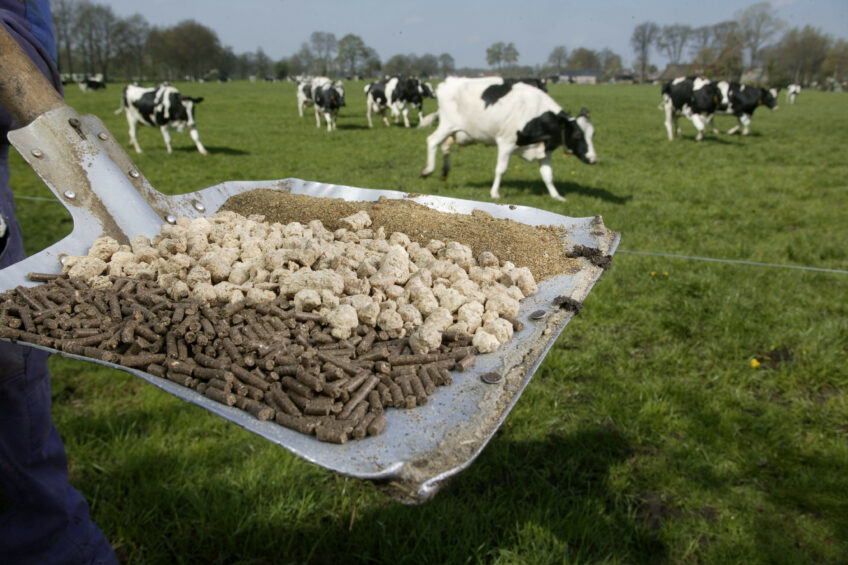
In 2017, a total of 159.1 million tonnes of compound feed was produced in the European Union, with cattle feed seeing the highest growth rate (+3.6%).
This is according to data provided by Fefac members. The total compound feed production in the EU-28 in 2017 is 1.5% higher compared to 2016.
Differences in Europe
A 3.5% increase is seen in cattle feed production. However, the picture is extremely contrasted throughout Europe. Northern Europe countries have recorded growth of volumes between 4 and 12%, whereas Southern countries, in general, have seen their production stabilising, although Spain set another production record, and among Eastern countries, only Poland and Bulgaria have seen a significant increase of production (8% and more).
Poland speeds up feed production
For the 4th year in a row, Poland was one of the best performing countries in terms of growth, with annual growth of +7.5%, boosted by the demand for poultry feed, which has turned Poland into the largest poultry producing country in the EU, but also a +8% increase in cattle feed. All large feed producing countries (above 10 million tonnes/year) have seen their production grow (between 0.4 and 3.5%), with the exception of France, which is still struggling to recover from the AI outbreak. Germany remains the top leading producer country trailed closely by Spain, thus widening the gap to France which remains in third position.
Outlook for 2018
Fefac market experts are relatively prudent concerning industrial compound feed production in 2018. The dairy sector still needs to recover from the severe milk price crisis and get rid of the vast stocks of skimmed milk powder, leading Fefac experts to anticipate a reduction of the demand for cattle feed between 0.5 and 1%.
[Source: Fefac]
Join 13,000+ subscribers
Subscribe to our newsletter to stay updated about all the need-to-know content in the dairy sector, two times a week.


